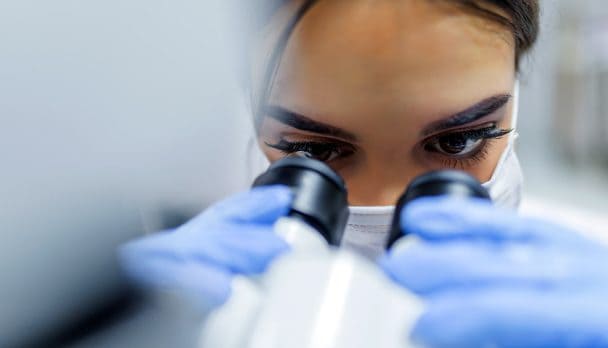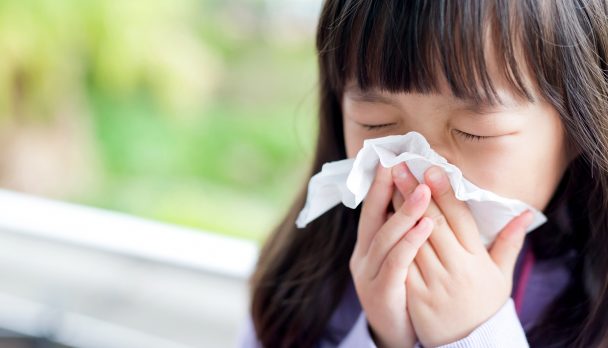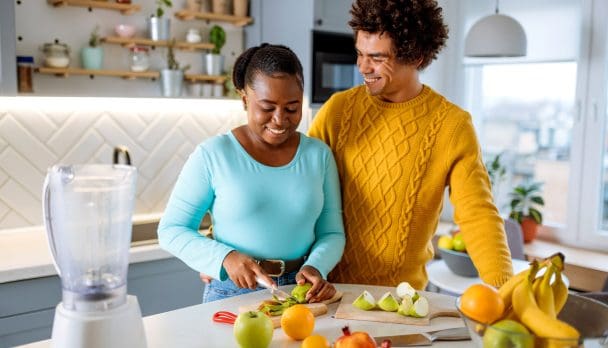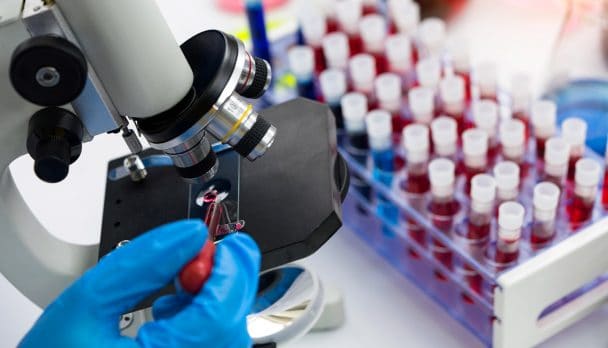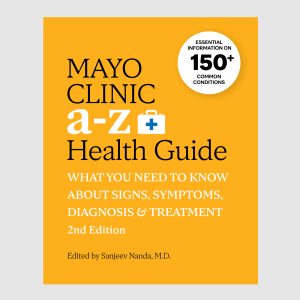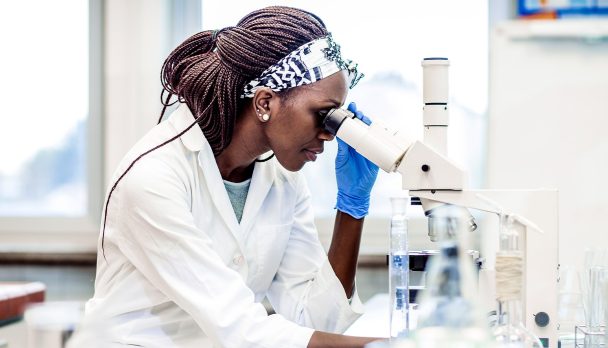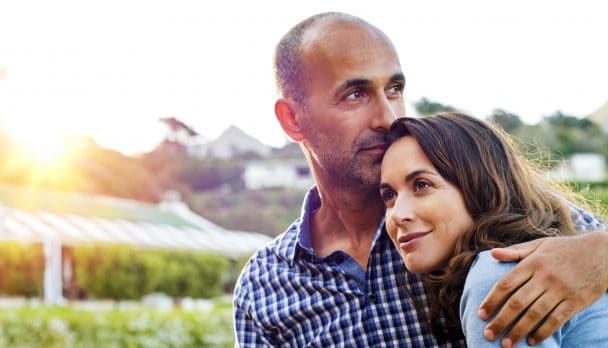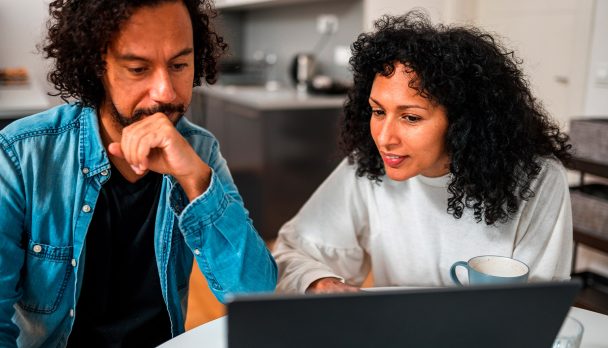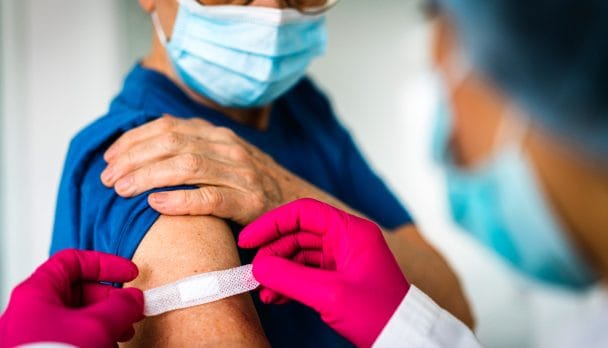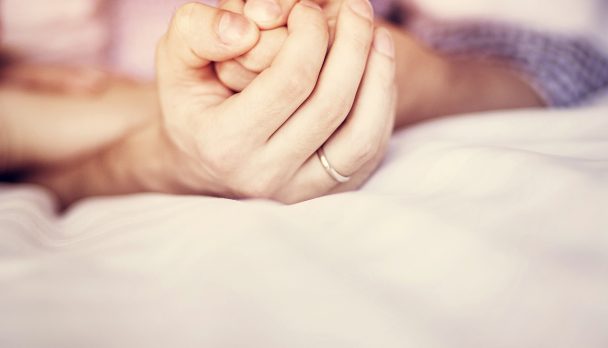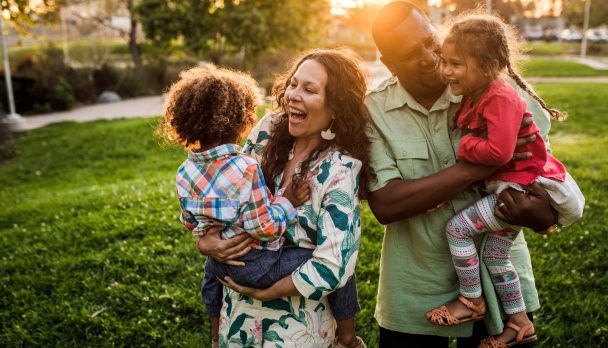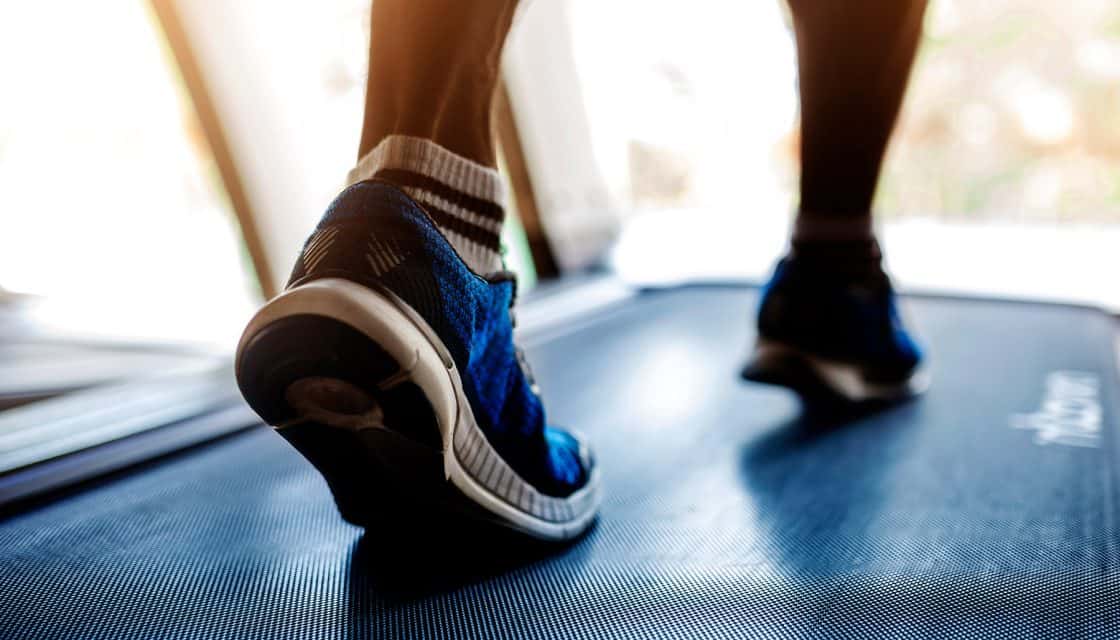
Mayo Clinic does not endorse companies or products. Advertising revenue supports our not-for-profit mission.
After you’re diagnosed with diffuse large B-cell lymphoma (DLBCL), you may feel like your whole world has changed. Lymphoma — and the therapies designed to treat it — can be hard on your body and mental health.
Here are a few ideas that might help you maintain a higher quality of life during your treatments. It’s important to remember that every person is different. Discuss these tips with your care team to ensure they are appropriate for your situation.
Getting adequate nutrition when you have DLBCL
During illness, treatment or recovery, your need for calories and protein may be greater than usual. However, many people being treated for DLBCL lose their appetites or find food — or even the smell of food — unappealing.
Unfortunately, eating too little nutritious food brings a greater risk of complications, infections and weight loss. Additionally, DLBCL treatment affects not only the cancer cells but also your healthy, noncancerous cells. Your body needs good nutrition so that your healthy cells can handle the harmful effects of treatment and you can continue to get the treatment you need without delay.
“We want to ensure that a patient maintains a healthy weight,” says Jithma P. Abeykoon, M.D., a Mayo Clinic cancer specialist and an assistant professor in oncology at Mayo Clinic College of Medicine and Science. “When a patient comes and has lost 20 to 30 pounds unintentionally, that’s a red flag. Cancer doctors like it when our patients have gained some weight.”
You may need to shift long-held mindsets and eating patterns. Some people with cancer will need to reject the conventional advice to avoid high-calorie and high-fat foods. It’s more important to consume sufficient calories, nutrients and fluids to function and heal. Mayo Clinic experts emphasize the importance of consuming enough protein to maintain muscle mass. Lower muscle mass in those with cancer is associated with reduced survival and increased risk of treatment side effects.
How to increase protein and calories
Protein helps repair your body. Good sources of protein for people with DLBCL include:
- Meat, poultry and fish.
- Lentils and beans (pinto, navy, black or kidney).
- Dairy (cheese, yogurts, custard).
- Quinoa.
To get more calories, you can:
- Add butter or olive oils to foods such as potatoes, rice, pasta or vegetables.
- Put nut butters on toast, bread, apple or banana slices, crackers, or celery.
- Add sliced avocado or guacamole to salads and sandwiches.
- Top hot cereal with brown sugar, honey, dried fruit, cream or nut butter.
- Add seeds, such as sunflower and pumpkin seeds, to salads, stir-fries and casseroles.
- Add ground flaxseeds to yogurt, smoothies, hot cereals and casseroles.
- Top pie, cake, gelatin or pudding with ice cream, whipped cream or cream.
Making food more appealing
Often people being treated for DLBCL have a reduced appetite. To get the nutrition you need, try these tricks:
- Eat small amounts throughout the day instead of big meals.
- Eat more when you feel hungry. But always eat as tolerated, since cancer treatments can cause nausea and vomiting.
- Always keep snacks nearby.
- Make eating a social activity; eat with a friend or family member.
- Put on some music or a TV show you enjoy while eating.
- Use plastic utensils if you’re sensitive to metal tastes.
A common complaint from people undergoing treatment for DLBCL is that food smells are off-putting. To avoid food smells, try to eat cold foods or use a fan in the kitchen while cooking.
Find ways to make food taste better
Treatment side effects can change the way food tastes. To make eating more enjoyable:
- Add flavor — If your food lacks flavor, try marinades and sauces such as mustards, barbecue sauce, vinegar, cooking wine or teriyaki sauce. Be liberal with spices and herbs. Ham strips, onions, garlic and sharp cheese can add a burst of flavor.
- Balance sweetness — If food tastes too sweet, add a little salt, vinegar or lemon juice. Tone down shakes and beverages by adding plain yogurt, buttermilk, instant coffee or milk.
- Mask the meat — If meat doesn’t taste right, mask some of the flavor with marinades or spices, opt for spicy or smoked meats, or include meat in flavorful casseroles or soups.
Focus on food safety
When you are undergoing cancer treatment, your immune system may be compromised. So more than ever, take care to be careful with food preparation and selection:
- Properly clean food preparation surfaces.
- Wash your hands when preparing food.
- Wash fruits and vegetables before eating them.
- Cook food to the recommended internal temperature. Some foods may not be safe for you, such as raw or undercooked meats, fish and eggs, and unpasteurized dairy products.
Staying hydrated is important when you have DLBCL
Drinking enough fluids is essential, even if you don’t feel thirsty — especially during DLBCL treatments. Try to drink at least 64 ounces (2 liters) of fluid daily. You don’t need to drink it all at once. You can take small sips throughout the day. For example, make it a habit to take a few sips anytime you see your water bottle or glass. In addition to water, try to choose drinks that contain calories or protein, such as:
- Fruit juices.
- Instant breakfast mixes.
- Canned or powdered shakes.
- Malts and milkshakes.
- Smoothies.
- Eggnog.
Some lymphoma therapies, such as chemotherapy, can cause dehydration due to diarrhea and vomiting. In that case, your care team may advise you to try sports drinks to better rehydrate.
Stay physically active if possible
Exercising regularly can help you maintain a healthy immune system. Keeping your immune system as strong as possible is always a good idea, but when you have lymphoma, it’s especially important.
A 2018 Mayo Clinic study highlighted the importance of physical activity while receiving treatment for lymphoma. People who became more active after a lymphoma diagnosis — including those with DLBCL — lived longer than those who didn’t increase their activity. However, more research on this subject is needed.
Exercise also can help increase energy and appetite — so you feel hungrier at mealtimes. Exercising also helps with treatment side effects, pain management, digestive problems and sleep patterns. So although you might not feel like exercising during your DLBCL treatments, it can be worth the effort.
Manage stress and mental health
Having cancer can be stressful and challenging in many ways. It’s important to take care of your mental health. You may want to talk to a mental health expert or join a support group to help you cope with your cancer diagnosis and treatments.
Additionally, you can ask your care team about integrative healthcare options, such as:
- Relaxation techniques.
- Tai chi or yoga.
- Massage therapy.
- Aromatherapy.
- Meditation.
- Music therapy.
- Art therapy.
- Acupuncture.
- Animal-assisted therapy.
- Resilience training.
Ask for help
Having DLBCL can feel overwhelming. Even if you’re very independent, don’t hesitate to ask family members and friends to help. For example, they could:
- Work with a dietitian to create a meal plan.
- Help with grocery shopping.
- Cook meals.
- Take care of kids or pets.
- Provide rides to appointments.
- Keep your spirits up.
If you need additional help, ask your healthcare team about referrals to professionals such as dietitians or social workers, community programs, or support groups that can help you get the assistance you need.
You also can view the resources below:
- Leukemia & Lymphoma Society, Food and Nutrition.
- American Cancer Society, Nutrition for People With Cancer.
- American Society of Clinical Oncology, Nutrition Recommendations During and After Treatment.
Mayo Clinic does not endorse companies or products. Advertising revenue supports our not-for-profit mission.
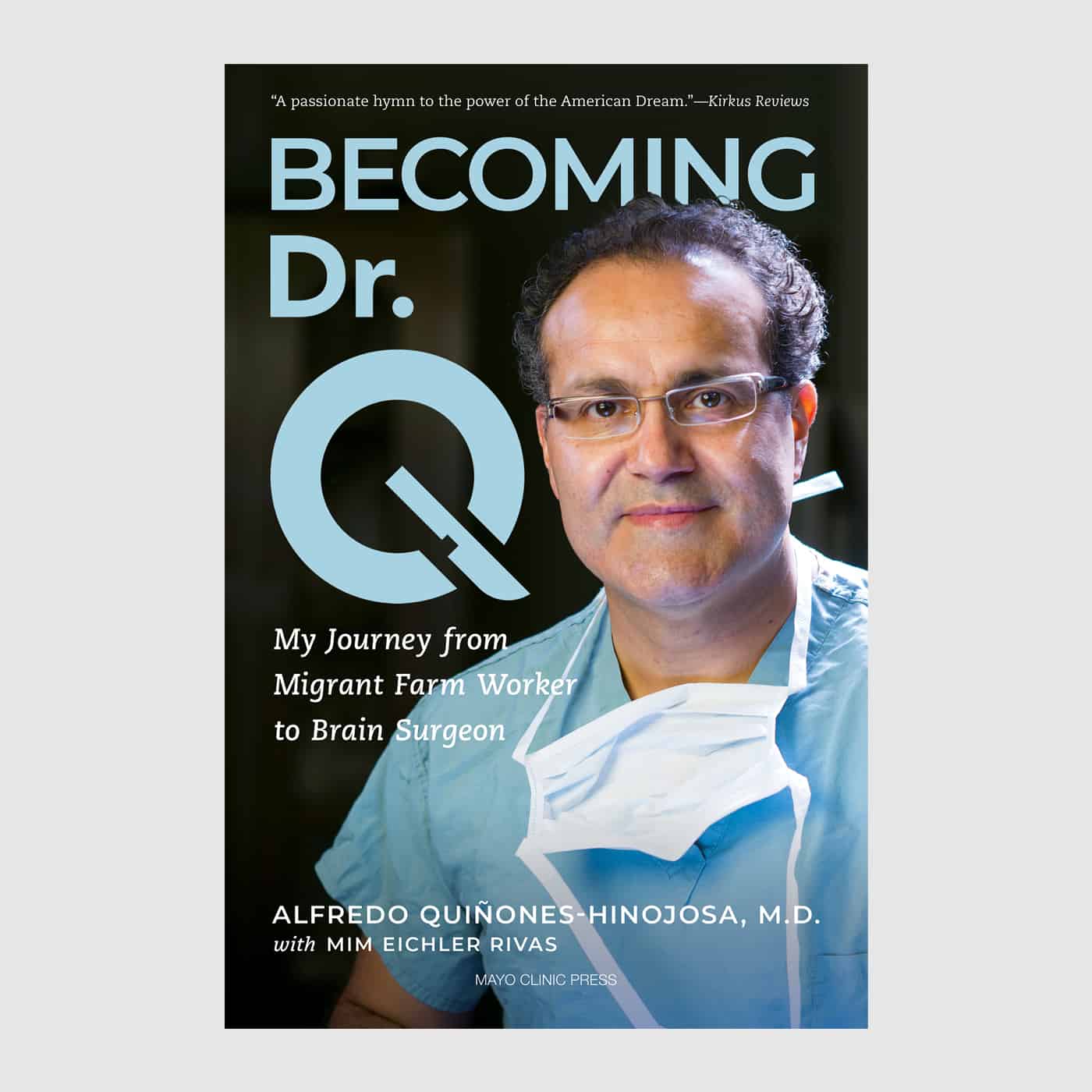
Relevant reading
Becoming Dr. Q
The inspiring story of a young Mexican immigrant who became a renowned neurosurgeon.

